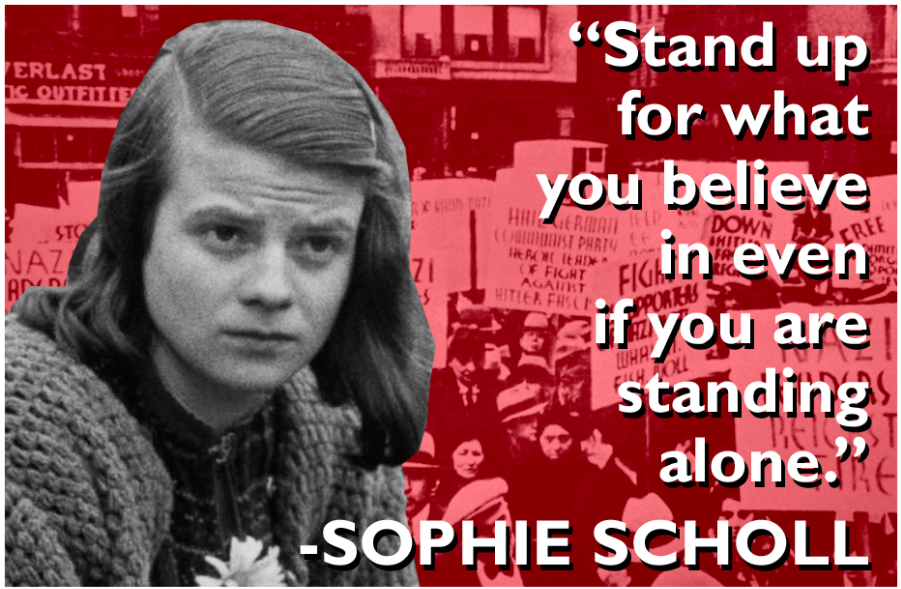Season of Gratitude
Gratitude doesn’t ignore hardship; it just refuses to let hardship have the final word. Spiritually, it’s an act of trust. Every thank-you becomes a small declaration that God is present, providing, and still writing our story. And when we practice gratitude regularly, our hearts become more aligned with Christ’s, more aware of God’s goodness, and more ready to, with the aide of the Holy Spirit, reflect that goodness to the world around us.
Therefore, when we take the time to tell someone, “I see you, and I’m thankful for what you’ve done,” it affirms their God-given worth and reminds them that their presence matters. Gratitude spoken out loud becomes a kind of ministry, a way we participate in the encouragement Scripture calls us to offer one another. And in a world that’s quick to critique and slow to bless, choosing to express appreciation becomes a quiet act of discipleship. It shapes us into people who notice goodness, call it out, and reflect Christ’s love in the simplest, most human ways.
December 2, Giving Tuesday, is an opportunity to express our gratitude for causes and people around us who make a difference. Would you consider sharing that blessing of gratitude with the team at the Center for Creative Ministry?
It would totally make our day, and also help us keep alive our ministry that—through your help—reaches and blesses others.
You can give via our PayPal account (@C4CreativeMinistry) or by mailing a check to:
Center for Creative Ministry
PO Box 573
Milton-Freewater OR 97862
Thank you in advance for your prayer and financial support!
Stefani Leeper | Projects Director

Giants of Faith: Joshua and Caleb

Sophie Scholl knew she had to stand up for her beliefs. As a child, she, along with thousands of other German children in the 1930s, enrolled in the Hitler Youth. Over time, though, she felt she could no longer abide the abuses she saw the Nazi regime perpetrating, and joined the non-violent White Rose resistance organization.
The Gestapo arrested Sophie and her brother, Hans, on February 18, 1943 for distributing anti-Nazi literature at the University of Munich. A Nazi court tried and convicted them of treason on February 22. They executed both Scholl siblings by guillotine later that day. She was 21 years old.
Similarly, Hans Litten knew he had to stand up for his beliefs. As a trial lawyer, in May 1931 he questioned Adolf Hitler in a case involving four Nazi Storm Troopers charged with murder. In a blistering cross examination, Litten exposed Hitler’s hypocrisy. Hitler portrayed himself and the Nazis as a mainstream civic party, yet in reality Hitler exhorted his thugs to commit violence against his political opponents. The judge, a Nazi sympathizer, ended Litten’s questioning before he could do further damage to Hitler’s reputation. Hitler arrested Litten two years later and sent him to a series of concentration camps. Litten died in 1938 in Dachau at the age of 34.
Though they didn’t set out to be heroes, Sophie Scholl, Hans Scholl, and Hans Litten—little known at the time—are now remembered and honored for their bravery. Honored as heroes.
Psychologist Kendra Cherry explores the question, “What makes a person heroic? Is there a hero gene, naturally giving someone the characteristics of a hero?” Some heroes, she found, are people who jump into dangerous situations (like rushing into a burning building) and perform some act of bravery. Others live consistently heroic lives, such as “nurses who regularly comfort the sick and dying.”
Heroes tend to have certain character qualities. Among these are “empathy, nurturance, and a need to live by a moral code.” Some researchers suggest that “heroism involves prosocial, altruistic actions that involve an element of personal risk or sacrifice.”
As to whether heroes are made or born, Cherry concludes that it depends on the type of heroism they practice. Those who are trained for heroic occupations, such as firefighters or nurses, tend to be more likely to jump into dangerous situations. “Many experts do believe,” she reports, “that it is possible for people to learn to be heroes.” A person likely never knows their capabilities until they are called upon to take action.
Joshua and Caleb stood up for what they knew to be true. Joshua and Caleb probably didn’t think of themselves as heroes either when they gave a good report about the Promised Land to the Israelites. They simply followed God’s lead at the time and stood up for what they knew to be true, but today we consider them both heroes of faith.
It’s rarely easy to stand up for your beliefs, especially in the face of perilous opposition. Just as Hitler’s regime made Hans and Sophie Scholl, and Hans Litten pay the ultimate price for standing up against the Nazi juggernaut, the Israelites planned to stone Joshua and Caleb for giving their favorable reports (Numbers 14:10). Only God’s intervention saved them from certain death.
They may not have initially grasped the strength of the resistance they would face. Ellen White reveals that, if only two spies gave a false report and ten gave encouraging reports, the people would still revolt because of their “wicked unbelief” (Patriarchs and Prophets, p. 390).
Joshua and Caleb embodied several heroic character traits: they were prosocial—they cared for the well-being of their community; they were proactive—by steadfastly encouraging the people to go up and take the land they faced personal risks and sacrifice; and they followed a moral code—by unwaveringly presenting a consistent report they exhibited honesty and integrity.
Most importantly, they obeyed God, no matter what consequences they faced.
For Reflection
Connecting: Who is a quiet, unsung hero in your own life? How did this person influence you?
Sharing: Proverbs 27:2 says “Let another praise you, and not your own mouth; someone else, not your own lips.” Why is it important to not sing your own praises?
- No one likes a braggart
- True heroes don’t plan to be heroes, and rarely claim the title for themselves
- Seldom does one person achieve a great thing—it’s usually a team effort
- If we humble ourselves in the sight of the Lord, God will lift us up (James 4:10)
- Like Harry Truman said, “It is amazing what you can accomplish if you do not care who gets the credit.”
- Other:
Applying: It can be a bit risky to stand up for your beliefs in the face of today’s socio/political climate. Is it worth it?
Valuing: An average day in the life of a Christian is often made up of several small decisions and seemingly insignificant acts that reflect a person’s faith. What faithful deed will you perform today?
~ Chuck Burkeen
 Center for Creative Ministry A research organization and research center for Seventh-day Adventist pastors and their congregations
Center for Creative Ministry A research organization and research center for Seventh-day Adventist pastors and their congregations

